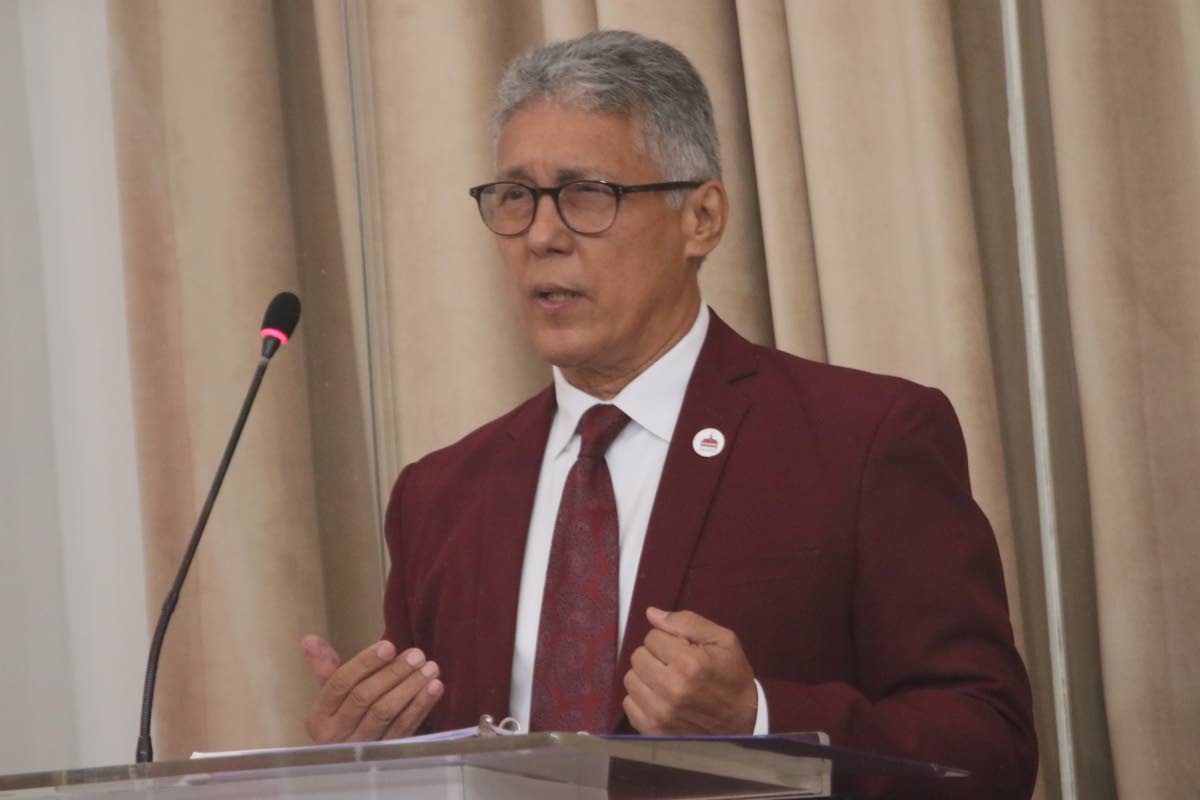(Trinidad Express) Billion-dollar transnational companies are “cheating” the public revenue; going after them to ensure they pay their taxes is important, says Independent Senator Anthony Vieira.
He was speaking in the Senate during the debate on “The Base Erosion and Profit-Shifting Inclusive Framework (Country-by-Country) Reporting Bill, 2023”.
“Citizens complain about the property tax because it touches them directly and you can look at it and you could speak about it in actual dollar terms, but the shifting of taxes to tax havens on the part of transnational corporations is generally invisible. It’s complex. It’s not something the man on the Priority Bus Route is going to be thinking about in the ordinary course of things. And yet it is equally, if not even more important, because this is a form of corruption which permeates the economic life of many countries,” said Vieira.
He said it was about cheating the public revenue on a grand scale, which negatively impacts the equitable distribution of net revenue.
Vieira said globally, people are living pay cheque to pay cheque whilst the richest pay little or nothing in taxes.
He said this was recently exemplified when a Manhattan jury found two Trump Organization companies guilty on multiple charges of criminal tax fraud and falsification of business records connected to a 15-year scheme to defraud tax authorities by failing to report and pay taxes on compensation for top executives.
Vieira said billionaires like Jeff Bezos, Michael Bloomberg, Mark Zuckerberg, Rupert Murdoch and Bill Gates have also, through tax avoidance schemes, managed to pay only a tiny fraction in taxes.
Transnational corporations, he said, are no different, as he noted the bill seeks to address the ability of these corporations to adjust the transfer prices amongst their subsidiaries, thereby enabling them to shift profits from high tax to low tax jurisdictions.
He said transnational corporations get to “double dip” on profits, first by being able to extract natural resources, whether it’s energy, agriculture or service sectors, and then by being able to minimise the rent and taxes they should be properly paying in relation to the profits earned.
Vieira said it is estimated that around US$420 billion in corporate taxes is shifted out of 79 countries every year, which means billions in lost revenue for those countries. These corporations, he said, instead of paying their taxes on the profits they make, are able to use channels to shift profits to a tax haven where little or no taxes are paid.
He said the root of the problem lies in the way international corporate income is taxed, adding that the current tax system was devised over a century ago.
Vieira said in the 21st century, today’s transnational corporations are “multi-headed hydras” that are able to run accounts for each subsidiary company and so are able to shift profits and losses like “pawns on a chessboard”.






